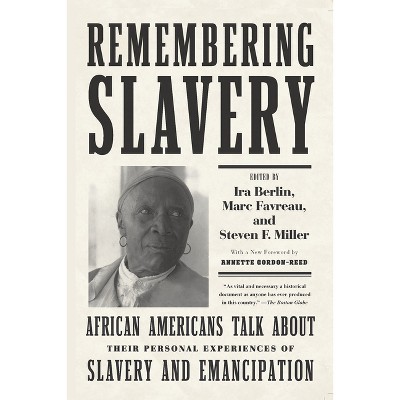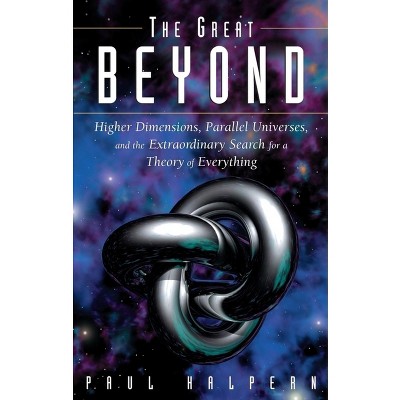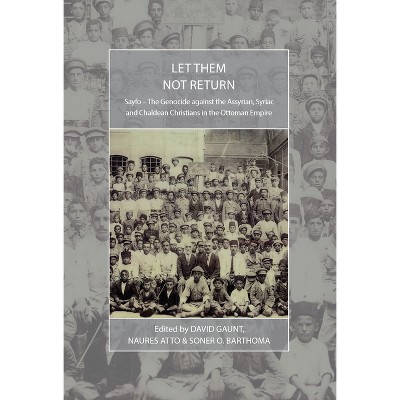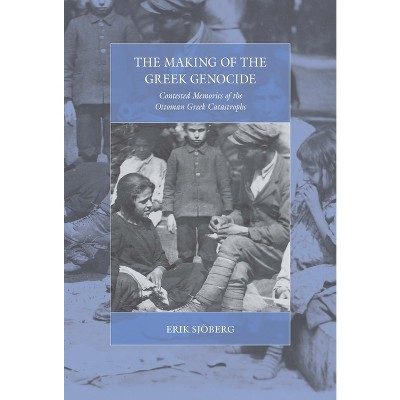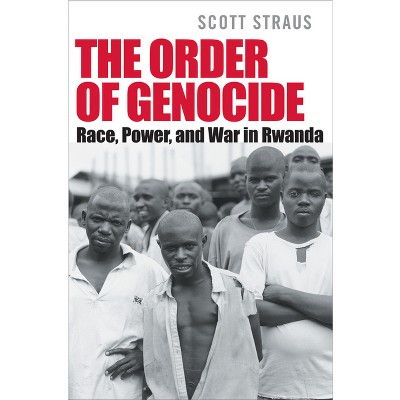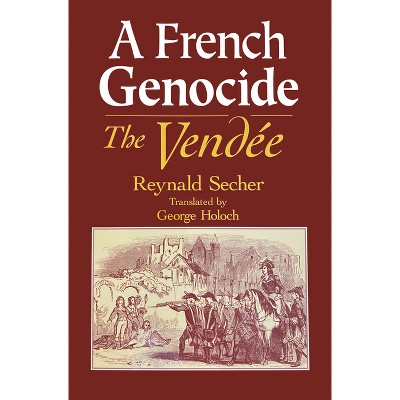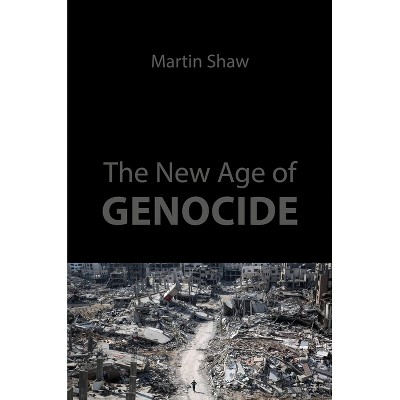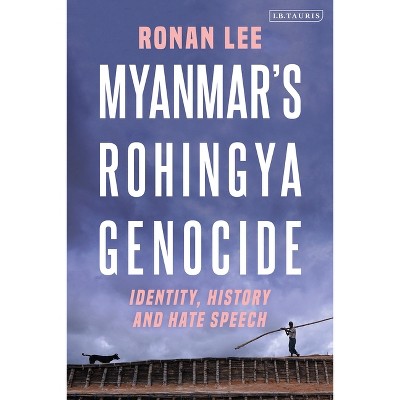Sponsored

The Herero Genocide - (War and Genocide) by Matthias Häussler (Paperback)
In Stock
Sponsored
About this item
Highlights
- Drawing on previously inaccessible and overlooked archival sources, The Herero Genocide undertakes a groundbreaking investigation into the war between colonizer and colonized in what was formerly German South-West Africa and is today the nation of Namibia.
- About the Author: Matthias Häussler holds a doctorate in history from the University of Lucerne and a doctorate in philosophy from the Goethe University Frankfurt, for which he was awarded the first International Maurice Blondel Award in the Modern Philosophy of Religion.
- 306 Pages
- History, Africa
- Series Name: War and Genocide
Description
About the Book
Drawing on previously inaccessible and overlooked archival sources, The Herero Genocide undertakes a groundbreaking investigation into the war between colonizer and colonized in what was formerly German South West Africa and is today the nation of Namibia. The result is an indispensable account of a genocide that has been neglected for too long.
Book Synopsis
Drawing on previously inaccessible and overlooked archival sources, The Herero Genocide undertakes a groundbreaking investigation into the war between colonizer and colonized in what was formerly German South-West Africa and is today the nation of Namibia. In addition to its eye-opening depictions of the starvation, disease, mass captivity, and other atrocities suffered by the Herero, it reaches surprising conclusions about the nature of imperial dominion, showing how the colonial state's genocidal posture arose from its own inherent weakness and military failures. The result is an indispensable account of a genocide that has been neglected for too long.
Review Quotes
"The author impressively demonstrates that emotions can be the driving force behind cruelty and is able to portray the brutalization of ordinary soldiers, who ultimately also became 'motor[s] of extermination, ' more clearly than previous studies have done. Fear, bitterness, and frustration in the face of military failures led to violence...Häussler's work is an innovative, at times brilliant study that deserves a wide readership - hopefully, and thanks to the translation, now also in English-speaking countries." - Central European History
Praise for the German edition:
"Matthias Häussler has produced a complex and highly compelling account of the unfolding of mass violence in German South-West Africa. His book includes a range of sources which other historians have largely neglected ... or been unable to access." - Journal of Namibian Studies
"Häussler deals less with the causes of violence or possible racist program of extermination than with the conditions, factors and dynamics of a radicalization that ultimately led to genocide. In his differentiated analysis he is aided by a profound knowledge of the sources, materials from state, church and private archives in Germany." - Historische Zeitschrift
"This book was overdue. [... Häussler] successfully endeavors to expand the collection of sources on the history of this genocide, drawing not only on German administrative files but also on British traditions and a large number of private estates" - Militärgeschichtliche Zeitschrift
"This study encourages further research on the relationship between emotion, racism, and the release of violence and is recommended to all those who are interested in processes of unrestricted violence in general or the war in German South West Africa in particular." - H-Soz-Kult
"Häussler shines with an innovative study ...The book is recommended not only to all those who are committed to dealing appropriately with the Namibian-German past, but also to those who are directly involved in the ongoing bilateral negotiations between Germany and Namibia." - The Namibian
About the Author
Matthias Häussler holds a doctorate in history from the University of Lucerne and a doctorate in philosophy from the Goethe University Frankfurt, for which he was awarded the first International Maurice Blondel Award in the Modern Philosophy of Religion. He is a postdoctoral fellow at the Institute for Diaspora Research and Genocide Studies (Ruhr University Bochum), working on a project titled "Narratives of genocide: Lothar von Trotha's written and photographic legacy".
Shipping details
Return details
Frequently bought together


Trending Non-Fiction







